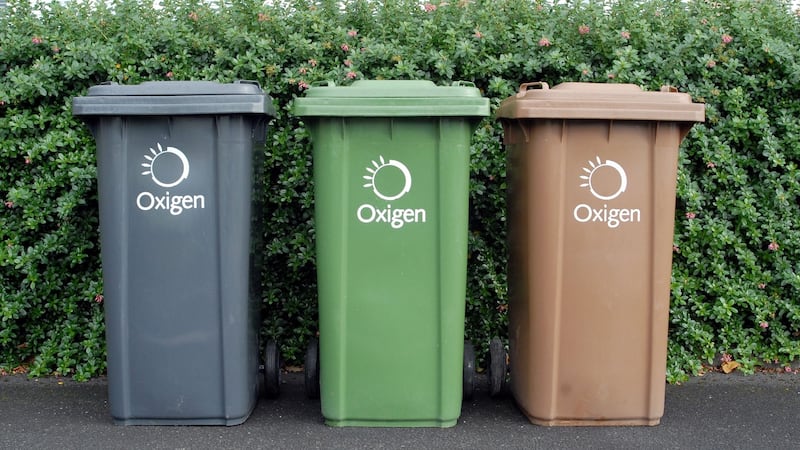A barrister has failed to get High Court orders compelling the return of laptops and other items seized by gardaí investigating "marriages of convenience" and associated immigration fraud.
Qasim Hussain sought the return of some of the seized items – two laptops, back-up hard-drives and a mobile phone – on the grounds they contained material governed by legal privilege.
His case against the Garda Commissioner and State arose from searches of his home at Woodland Manor, Ratoath, Co Meath, and retail and office premises on Lower Clanbrassil Street, Dublin.
The searches were carried out on November 25th last, under warrants issued under the Criminal Justice (Theft & Fraud Offences) Act 2001 as part of “Operation Vantage” – an investigation into marriages of convenience and their facilitators, associated immigration and visa fraud, and money-laundering.
Gardaí seized a large number of hard copy documents and files, along with 17 computers and other devices with some two million files on them.
Mr Hussain, who said he helped people with immigration issues, argued the Clanbrassil Street premises contained some businesses operated by his father.
He was working on laptops there before the seizures and that the laptops and phone had files related to his current clients and other legally privileged material.
The State parties argued a “generalised immigration service” was being run by Mr Hussain and his father from the Dublin premises, there was nothing to indicate a barrister’s office was being operated from there, and he had not specified exactly what documents over which privilege was claimed.
Unusual
In his judgment, Mr Justice Seamus Noonan said the circumstances in which Mr Hussain claimed privilege were "extremely unusual and perhaps unique".
He had failed to identify a single client or any solicitor who instructed him on behalf of a client, gave no information about the nature of legal advice he gave to any clients or relating to litigation.
Supt Stephen Courage – the senior investigating officer in Operation Vantage – had given evidence that Ireland has become an attractive option for British nationals to secure immigration rights for their non-EU family members through another EU state and many such persons are creating bogus residency applications here with false documents, the judge said.
Supt Courage had said there were 24 different companies and business names registered at the Clanbrassil Street premises and Mr Hussain and his father were directors of some of those.
The companies appeared to engage in “extremely diverse” activities from immigration services to currency exchange to fast food.
The judge said the Garda approach to the privilege claim appeared “reasonable and pragmatic” but Mr Hussain could not be compelled to co-operate in identifying legally privileged material and the 2001 Act provided no mechanism for resolution of that issue.
Ethical parameters
Mr Hussain initially made a “blanket” claim of privilege but later conceded many of the items were not in fact privileged, which was manifest from his own evidence listing documents including original passports and birth and marriage certificates.
The circumstances in which Mr Hussain claimed privilege were “extremely unusual and perhaps unique”, the judge said.
Mr Hussain claimed to be providing legal advice to “clients” but whose clients they are “is a matter of considerable doubt”.
Insofar as any clients are identified, they were clients of his father’s and of some of the businesses at Clanbrassil Street.
Mr Hussain is providing a service to “clients” without intervention of a solicitor and is thus clearly outside the ethical parameters of his profession, the judge held.
While that might not be unlawful, it was difficult to see how he could legitimately claim to represent clients in a professional capacity.
















